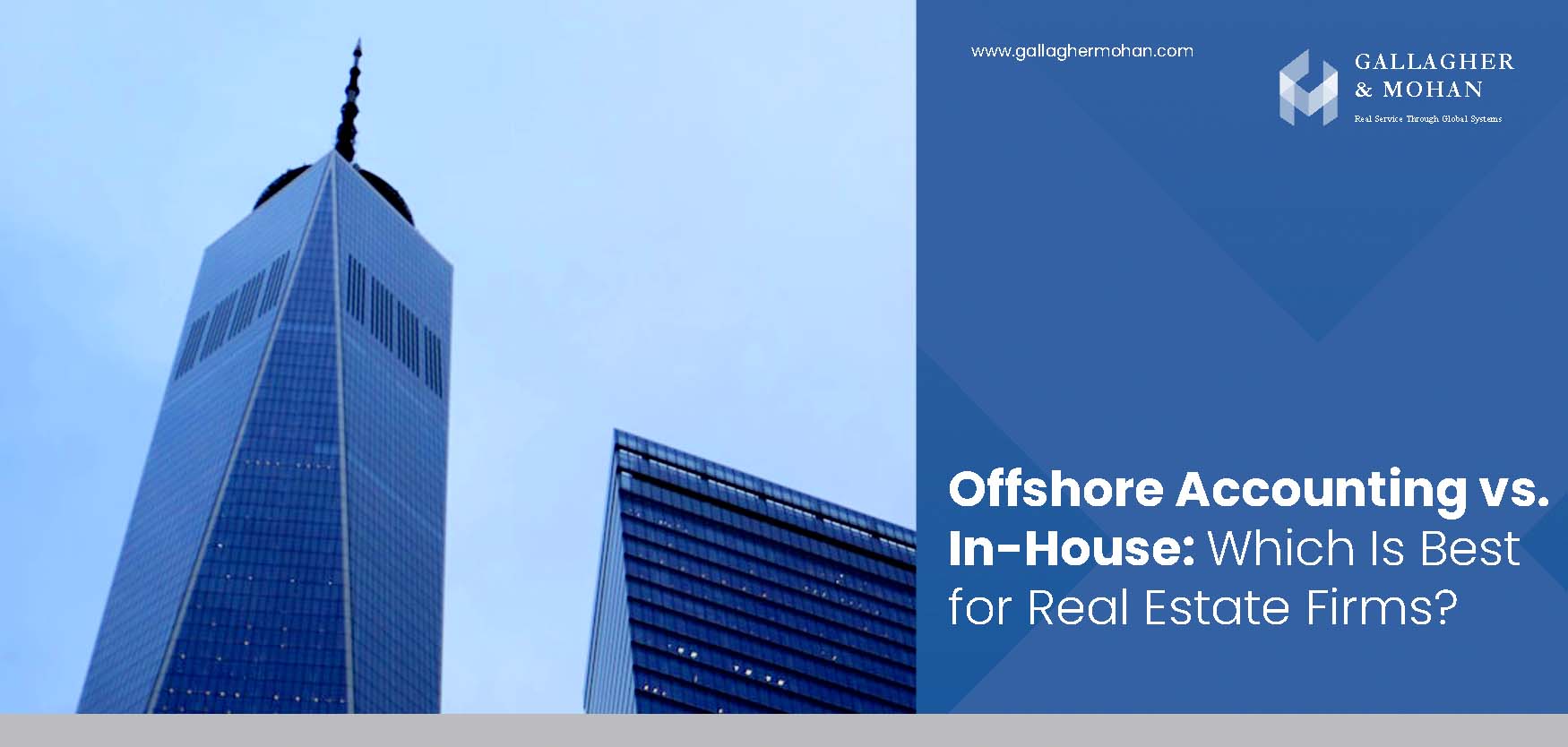05 February 2025
Real Estate Asset Management Outsourcing: How to Choose the Right Partner
Choosing the right asset management company is a crucial step in securing your financial future. Whether you're planning for retirement, looking to grow your wealth, or managing assets for a trust, the firm you choose will play a significant role in determining your financial success. Conducting due diligence before selecting an asset management company ensures that you make an informed decision and minimize potential risks.
Understanding Due Diligence in Asset Management
Due diligence refers to the comprehensive research and assessment of a company’s investment philosophy, financial performance, risk management strategies, and overall reputation. For investors, this process helps ensure that the asset management firm aligns with their financial objectives and adheres to industry’s best practices.
In the realm of Real Estate Asset Management Outsourcing Services, due diligence is especially vital. The ability to manage assets efficiently, remain compliant with regulations, and navigate market fluctuations can greatly impact the profitability of real estate investments.
Why Due Diligence is Critical When Choosing an Asset Management Company
1. Ensuring Investment Goals Are Met
Each investor has unique financial goals, whether it’s capital appreciation, income generation, or asset preservation. A good asset management company should tailor its strategies to match these goals. Evaluating a firm’s expertise in specific investment approaches, such as ESG investing or real estate, ensures compatibility with your objectives.
2. Assessing Investment Strategies
Asset management firms employ different strategies, such as active or passive investing, growth or value investing, and sector-specific allocation. Understanding their methodology allows you to determine whether their approach aligns with your risk tolerance and long-term financial vision.
3. Minimizing Investment Risks
A poorly chosen asset management company can expose you to significant financial risks. Analyzing a firm’s historical performance, decision-making processes, and ability to navigate market downturns helps you select a company with a solid risk management framework.
4. Analyzing Cost Structures
Every asset management firm charge fee, but the structures can vary. Some firms charge a percentage of assets under management (AUM), while others may have performance-based fees or additional hidden charges. Conducting due diligence helps investors understand these costs and ensure they receive value for money.
5. Evaluating Reputation and Transparency
Trust is paramount when entrusting your assets to an investment firm. Researching a company’s reputation, reading client reviews, and checking for any past regulatory violations can help you identify firms that operate with integrity and transparency.
6. Examining Risk Management Practices
Every investment comes with some level of risk, but how a firm mitigates those risks is crucial. Reviewing an asset management company's approach to diversification, economic forecasting, and portfolio adjustments gives insight into their ability to protect your investments.
Key Steps in Conducting Due Diligence on an Asset Management Company
1. Investigate the Firm’s Track Record
A firm’s past performance can provide valuable insights into its investment acumen. Look at their performance over multiple market cycles and assess their ability to generate consistent returns, especially during economic downturns.
2. Evaluate Leadership and Expertise
The experience and qualifications of the management team play a key role in the success of an asset management firm. Investigate their backgrounds, industry certifications, and experience in managing specific asset classes, such as real estate or equities.
3. Understand the Investment Process
A transparent and well-defined investment process is a sign of a trustworthy firm. Learn how they analyze potential investments, manage portfolios, and adjust strategies based on market conditions.
4. Compare Fee Structures
Fees can significantly impact long-term investment returns. Request a breakdown of all costs, including advisory fees, transaction fees, and performance-based charges. Compare multiple firms to find a competitive pricing model that offers the best value.
5. Assess Client Support and Communication
A strong asset management firm provides clear, timely, and proactive communication. Evaluate how they handle investor inquiries, the frequency of performance reports, and their approach to addressing concerns.
6. Verify Compliance and Regulatory Standing
Ensure that the firm complies with financial regulations and holds relevant certifications. In the U.S., asset management companies should be registered with the Securities and Exchange Commission (SEC) or other regulatory bodies. Check for any history of legal issues or violations.
Conclusion
Selecting the right asset management company requires careful analysis and research. Whether investing in traditional markets or seeking Real Estate Asset Management Outsourcing Services, due diligence is key to making an informed decision. By evaluating an asset management firm’s track record, fee structure, investment strategies, and regulatory compliance, you can ensure that your investments are in safe and capable hands. Taking the time to conduct thorough due diligence will ultimately help you achieve financial stability and long-term success.



